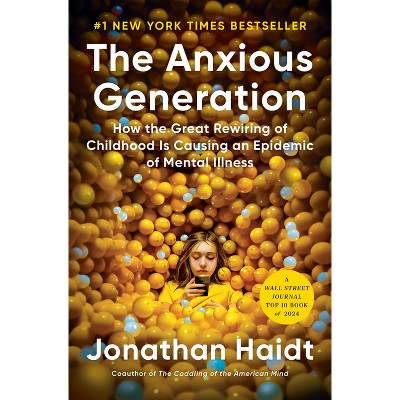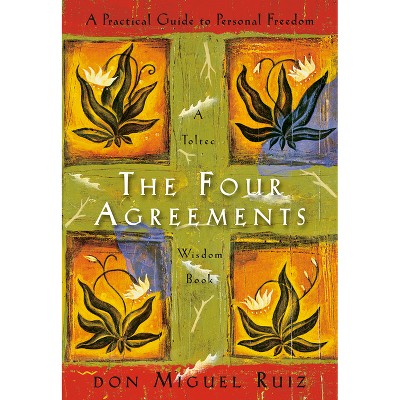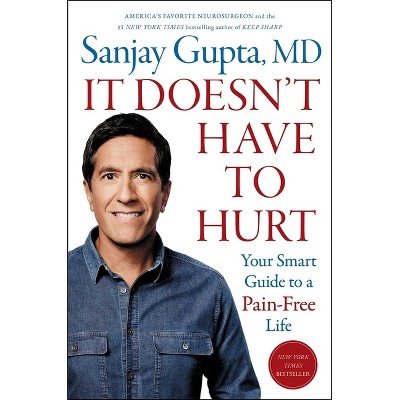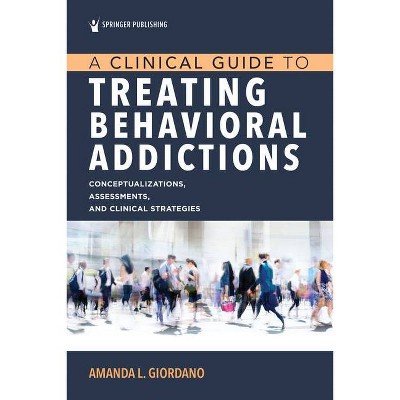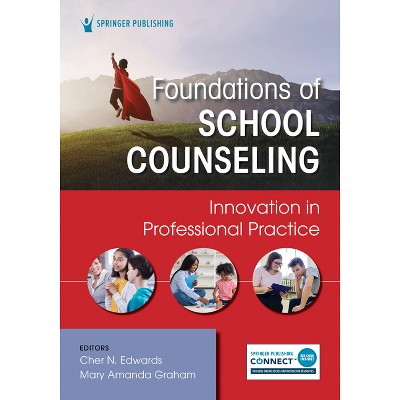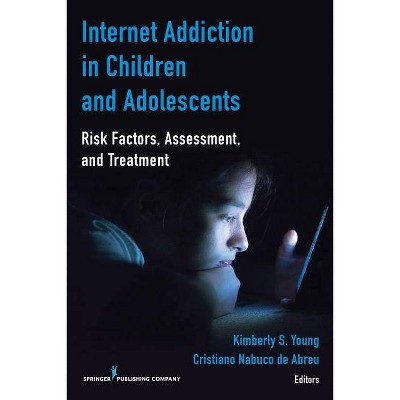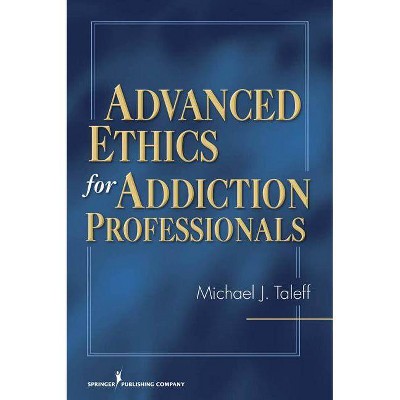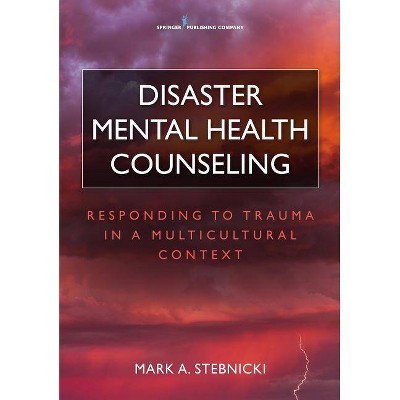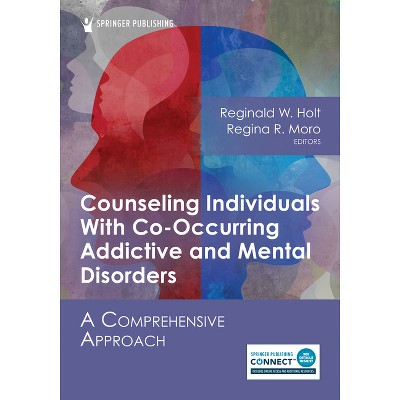Addiction Counseling - by Alan Cavaiola & Amanda L Giordano & Nedeljko Golubovic (Paperback)

About this item
Highlights
- Equips the upcoming generation of counselors with crucial knowledge to skillfully treat both chemical and behavioral addictions Grounded in leading-edge, evidence-based research, this hands-on text applies a step-by-step approach to addictions counseling.
- Author(s): Alan Cavaiola & Amanda L Giordano & Nedeljko Golubovic
- 426 Pages
- Psychology, Psychopathology
Description
About the Book
"When we began writing this textbook, the United States was in the grips of an opioid epidemic in which overdose deaths have been ever-increasing, and perhaps amplified by the COVID-19 pandemic. Although the opioid epidemic took center stage in the media, there were also surges in cocaine and methamphetamine use and related deaths, as well as increases in cannabis vaping especially among adolescents and young adults. Additionally, behavioral addictions such as sex and pornography addiction, internet gaming addiction, and gambling continued to impact individuals and communities across the globe. History provides us with several lessons, one of those lessons is that substance use trends wax and wane over decades. For example, many say the "Summer of Love" of the late 1960's in which hallucinogens played a key role, ended when amphetamines surged in popularity bringing with it a whole new set of problems and deaths. Cocaine epidemics existed in the 1920's, coinciding with alcohol prohibition, only to resurface again in the 1980's. Morphine addiction was prevalent following the Civil War, especially among wounded soldiers and opioid addiction again surged in the past five years. Therefore, it is imperative that each new generation of mental health professionals are equipped to recognize and respond to addiction"--Book Synopsis
Equips the upcoming generation of counselors with crucial knowledge to skillfully treat both chemical and behavioral addictions
Grounded in leading-edge, evidence-based research, this hands-on text applies a step-by-step approach to addictions counseling. This book encompasses assessment, diagnosis, and treatment planning; case management; and relapse prevention, with an incisive focus on behavioral addictions and co-occurring disorders. The text covers all essential topics as outlined in the gold standard SAMSHA Counselor Training Manual. Included are detailed guidelines on how to write succinct treatment plans and conduct effective client sessions; case studies; role-playing exercises; and clinical applications to assessment and diagnosis, treatment planning, and case management. Notes from the Field" provides actual interviews with experienced clinicians working with a variety of client populations throughout the country.
Critical topics unique to the book include the role of neuroscience in addiction treatment, relapse prevention, and advocacy. In addition, the text offers specific chapters on behavioral addictions and co-occuring disorders as well as a separate chapter on multicultural counseling covering gender, racial, ethnic, sexual orientation, age, religion, and disability considerations. It is also distinguished by an abundance of downloadable forms and documents. Pedagogical elements to help learners process and apply concepts include learning objectives, terms to know, learning activities, recommended resources, and chapter summaries. Faculty aids include an instructor's manual with sample syllabi, CACREP mapping tools, test bank, and PowerPoint slides. This essential resource will be valued as a primary textbook for any course that focuses on addiction counseling and treatment.
Key Features:
- Describes a variety of etiological models and how they become a means of assessing biopsychosocial risk factors
- Delivers step-by-step guidelines on how to write concise treatment plans and for conducting effective treatment sessions
- Devotes a chapter to motivational interviewing to promote willingness to change
- Includes cutting-edge research pertaining to neuroscience and its applications and evidence-based treatment practices
- Provides separate chapter on multicultural counseling and substance use disorders among people of diverse races, ethnicities, genders, class, ages, and spirituality
- Offers real-world insights with "Notes from the Field" feature
- Facilitates practical application through role play exercises, treatment technique and assessment case examples, biopsychosocial assessment guidelines, how to provide client feedback, and more
- Includes multiple digital downloadable tools and purchase includes digital access for use on most mobile devices or computers
Shipping details
Return details
Trending Diet, Health & Fitness Books

